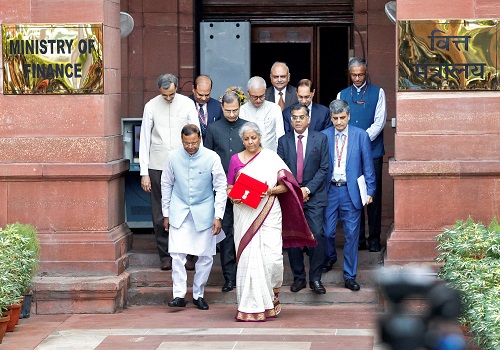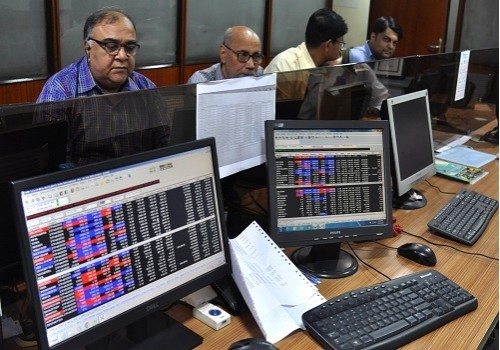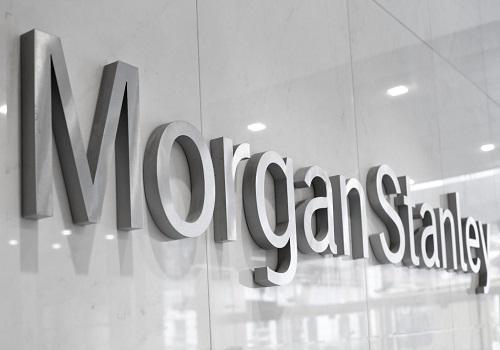India needs aggressive reduction in government debt, Moody`s analyst says

India has set out a reasonable fiscal deficit target for 2025-26, but an aggressive reduction in government debt would benefit its sovereign rating profile, an analyst at Moody's Ratings said on Tuesday.
In August Moody's affirmed its lowest investment grade rating of 'Baa3' for India, with a stable outlook.
In Tuesday's budget, India unveiled $24 billion of spending on job-creating efforts over the next five years and $32 billion on rural development this year alone.
"A more aggressive reduction in debt levels would be certainly a positive in terms of how we look at India's overall credit profile," Gene Fang, Moody's associate managing director for sovereign risk, told Reuters in an interview.
Interest payments account for a "very high" share of government revenue, but contribute little to promote economic growth, Fang said, adding that India's sovereign debt is higher than similar-rated peers.
Despite its budget plans, India's farm and labour markets still need a certain degree of structural reform because of issues in the rural economy, Fang added.
While the government's target for infrastructure spending this year is "constructive," it would be important for such spending to create opportunities to draw greater private sector investment, he said.
Prime Minister Narendra Modi's coalition government may pose challenges to passing bigger reforms the economy needs, Fang warned.
"It remains to be seen how much the coalition (government) is able to get more deep reforms through," he said.
"Typically we would expect that it's more challenging when you have a coalition government to tackle some of the bigger reforms that the economy may need."
Moody's estimates India's growth at 6.6% in fiscal 2025, and 6.2% the following year.

























